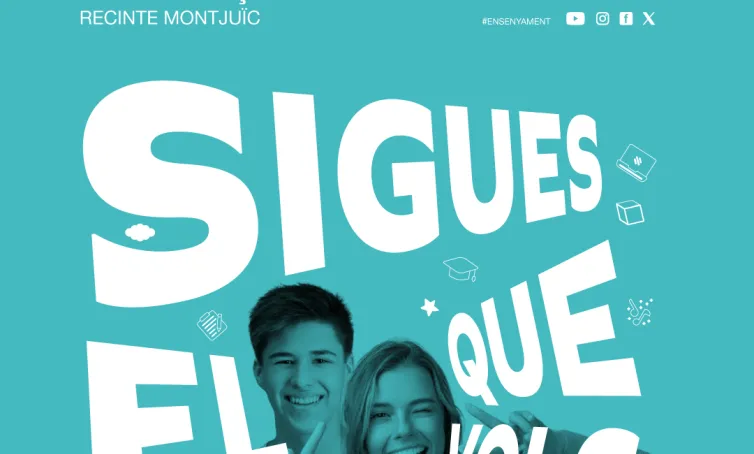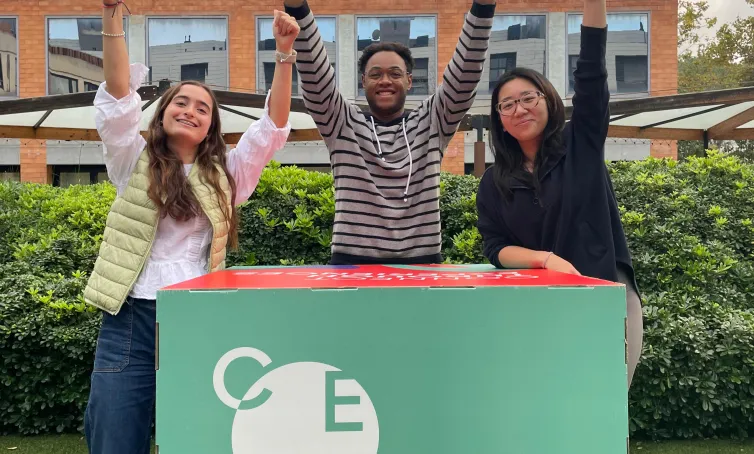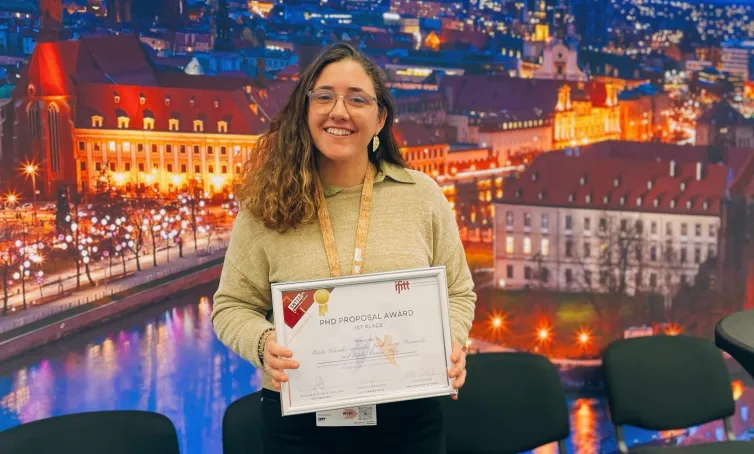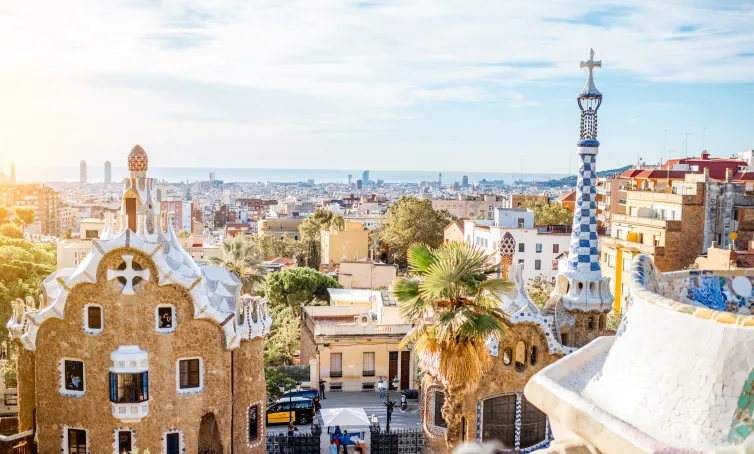Experts call for cooperation as a key element for the recovery of global tourism

· Good practices in smart management of tourism, the reactivation of the sector after COVID-19, and women's leadership and entrepreneurship were the focus of the first days of the Congress
· Innovation and sustainability emerge as fundamental aspects for the recovery of the tourism sector
CETT-UB, a higher education center of tourism, hospitality gastronomy, and management affiliated to the University of Barcelona, held today the 3rd CETT Smart Tourism Congress Barcelona. This edition was held virtually for the first time and brought together experts linked to Smart Tourism to analyze and debate this phenomenon in depth from different perspectives.
Good practices in the smart management of tourism and the reactivation of the tourism sector after the impact of the COVID-19 pandemic marked this Professional Day, which began with the words of welcome from Dr. Maria Abellanet, CEO of CETT, Dr. Joan Tugores, Director of the UB Chair of Tourism, Hospitality and Gastronomy CETT, Xavier Marcé, Councillor for Tourism and Creative Industries of the Barcelona City Council, Juan Luís Ruiz López, Deputy Delegate for Tourism of the Barcelona Provincial Council, and Dr. Manuel Butler, Executive Director of the World Tourism Organization.
Dr. Maria Abellanet, CETT's CEO, was in charge of opening the congress with a speech in which she highlighted the fundamental role of the tourism sector. She conveyed to all attendees her conviction that "tourism will continue to be a strategic sector for economic development and social progress, which requires agreements and commitment as well as actions shared by a large majority of public and private actors. I encourage the tourism, hospitality and gastronomy sectors not to lose heart in their projects and to look to the future with hope".
On the other hand, Dr. Manuel Butler, Executive Director of the World Tourism Organization, put Barcelona as an example of a world reference in tourism and highlighted that the crisis caused by the COVID-19 needs "cooperation between nations, cities, and between the public and private sectors." "Global problems can only be addressed with global answers, between all of us," he stressed.
The Congress held the round table 'Smart tourism tools in the Mediterranean destinations,' which presented some of the smart tourism tools based on sustainability developed by the Community for Sustainable Tourism in the Mediterranean, led by the Diputación de Barcelona. Dario Bertocchi, from the University of Venice, Ana Moniche, from Turismo Andaluz, and Manuela Bigi, representing the region of Tuscany, presented the respective projects. Sharing good practices and experiences is fundamental for the sector and its development. In this sense, attendees have been able to learn about the success stories of four cities that are benchmarks in smart management of tourism such as Helsinki, Ljubljana, Breda, and Montreal.
The reactivation of the tourism sector, under debate
The challenges posed by the COVID-19 pandemic to the tourism sector were discussed at the roundtable led by Francesc Villa, Manager of Tourism Services of the Diputació de Barcelona, Dr. Jordi Serra, a researcher at the Institute for Biodiversity Research (UB), Manel Casals, General Director of the Barcelona Hotel Association, Pablo Soto, Innovation Manager of Vodafone, and Dr. Joan Miquel Capell, Head of the Prevention and Security Cabinet of the Diputació de Barcelona.
Vila stressed that "we need to rebuild trust and security in both the destinations and the services we will find during our stay”. Collaboration between all actors, prevention, and innovation have emerged as fundamental pillars for the adaptation of destinations to new priorities of tourists such as safety. In this sense, Soto stressed that "we have to collaborate, to promote a destination in a different way" and pointed at Big Data, the Internet of Things, or 5G as some of the many technologies that can help in this new scenario.
In the afternoon, it was the turn of Entrepreneurship Day, focused on entrepreneurship and female leadership. After the words of Narcís Coll, President of CETT Fundació, and Trinidad Molina, Manager of Economic Promotion and Employment Services of the Provincial Council of Barcelona, Natalia Bayona, Director of Innovation, Digital Transformation and Investment of the World Tourism Organization (UNWTO), emphasized in her intervention the importance that innovation and sustainability be united. She added, "I believe that sustainability, technology, digital education and the promotion of green and sustainable investments must go hand in hand if we want a tourism with greater impact and can recover, but above all, a tourism that supports the most vulnerable such as the self-employed or rural tourism."
She was followed by Hugo Palomar, Founder & CEO of Mindsetdigital, who spoke about how to become an entrepreneur in COVID-19 times. In the last roundtable of the afternoon, five women leaders and entrepreneurs, Luz Alvarado, Co-founder of ChartOK, Miriam Cordero, Director Business Development of Salesforce, Sara Pastor, Managing Director of Destinations EMEA Adara, Meritxell Bautista, CEO of Fibracat and Cristina Caparrós, CEO of La Platjeta and Cap A Mar shared their experience and talked about the key to their success, the models that have guided them throughout their career and how to give more visibility to female talent.
The Congress will resume tomorrow morning for its third day, dedicated to the academic field, in which researchers and students will share and debate outstanding scientific contributions in the field of intelligent tourism. The III CETT Smart Tourism Congress Barcelona, an initiative linked to the UB Chair of Tourism, Hospitality and Gastronomy CETT, has the collaboration of the University of Barcelona, the World Tourism Organization, the Barcelona City Council, the Diputació de Barcelona, and CETT Fundació.
Photo: Freepik



